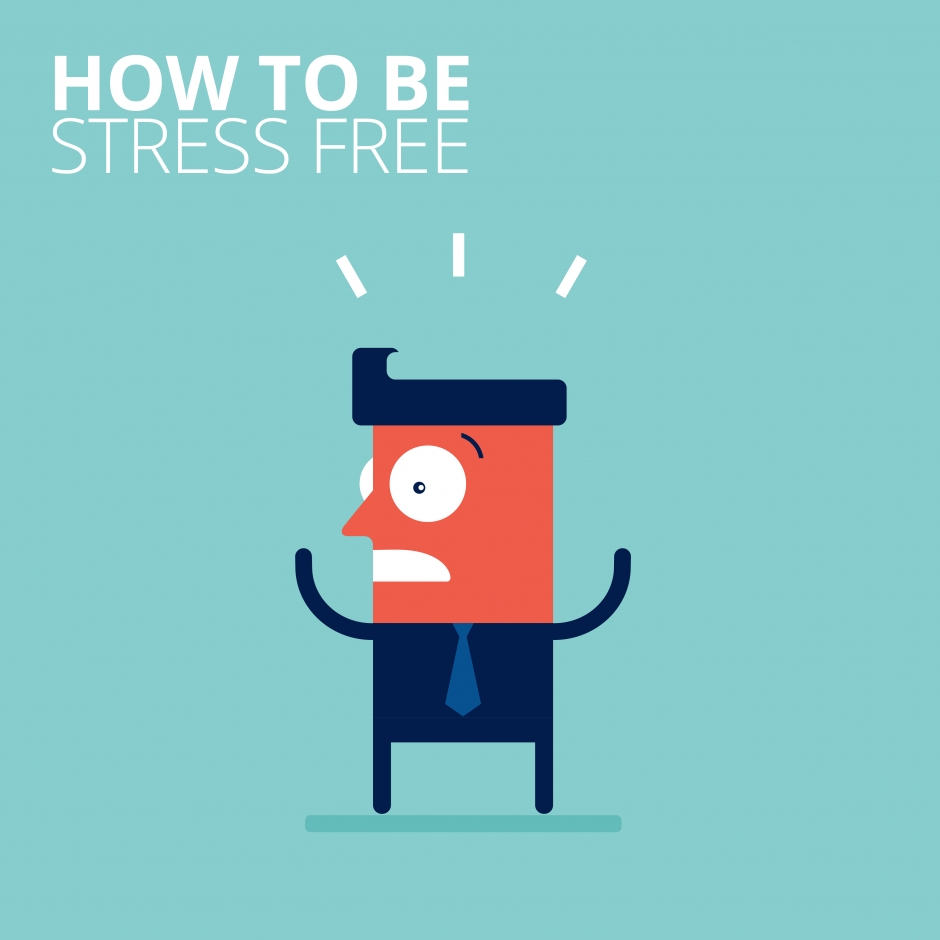Insurmountable workload, family pressures, addictive social media, health concerns – feeling exhausted? You’re not alone, but Charlotte Watts believes there is a way to ditch our stress, and it starts within ourselves
Many of us, particularly women, are our own worst critics. In a world where perfection is dangled before us in every sphere of life – from celebrities who ping back into shape after childbirth, seemingly overnight, to blog and vlogstars whose every airbrushed moment seems to diminish our own. Against this backdrop, we create elevated self-goals in our heads and push ourselves to overachieve in every area. The result is an inability to relax, fatigue, burnout, insomnia and, often, depression. Lecturer, author and nutritionist Charlotte Watts could hardly be said to be lacking in her own achievements, but her latest book,The De-Stress Effect, challenges us to create more downtime in our lives. “We are applauded in our culture to always be ‘doing’,” she says. “We’re constantly pushing ourselves in every aspect of life – more and more of us are running marathons and competing in events, even yoga classes have become a workout. “But the one area we don’t work on is going deeper inwards, learning how to feel and deal with the tough stuff that comes up. I aim to help people to be able to say, ‘stop’, to learn how to be vulnerable and deal with what’s going on in their mind. We are filling up our lives with stuff, and we need to empty out. We feel we should know everything, but that’s not realistic or a healthy mindset.” In Watts’ book, she tackles nutrition, mindfulness, exercise and yoga as ways to return to a vibrant state of health. “The first step is to plug into how you feel,” says Watts. “There is lots of research that shows that our gut instinct is often right, so we need to allow ourselves to come down from a heightened state and focus on what our body is telling us. “Nutrition is important too, and eliminating sugar from our diets is a key step. Sugar keeps us in habit mode – we get up, stay up and are led by food when we really need freedom from it. We’ve become accustomed to grazing and have a constant oral need, but if we let our blood sugar relax we feel a greater sense of balance. “Breakfast is an important time to sit down, have some space and decompress before the day starts. Try to eat a savoury, protein-based meal as this can often save us from the afternoon dip, which is reflective of how we have set ourselves up for the day. We also need to let ourselves go into a bit of a lull around 4pm – if we rest we feel a bit panicky and try to ramp it back up, but our body is behaving naturally and we shouldn’t fight it. “Movement is key to reducing stress levels. We are very sedentary which is not a natural state. Going to the gym for an hour isn’t going to fix it, but try to move throughout the day. Set a buzzer to move every hour.” Alongside these practical areas, Watts says that focusing on our mental state is imperative to a more relaxed lifestyle.
“We need to allow ourselves to be vulnerable, permit ourselves to do less and be a bit more selfish. Unless we have self-compassion, we can’t give it to others. It’s easier to be kind to other than it is to look after ourselves, but unless we do so we can’t truly be happy.”
Nutritionist Charlotte Watts’ book, The De-Stress Effect, is published by Hay House.




